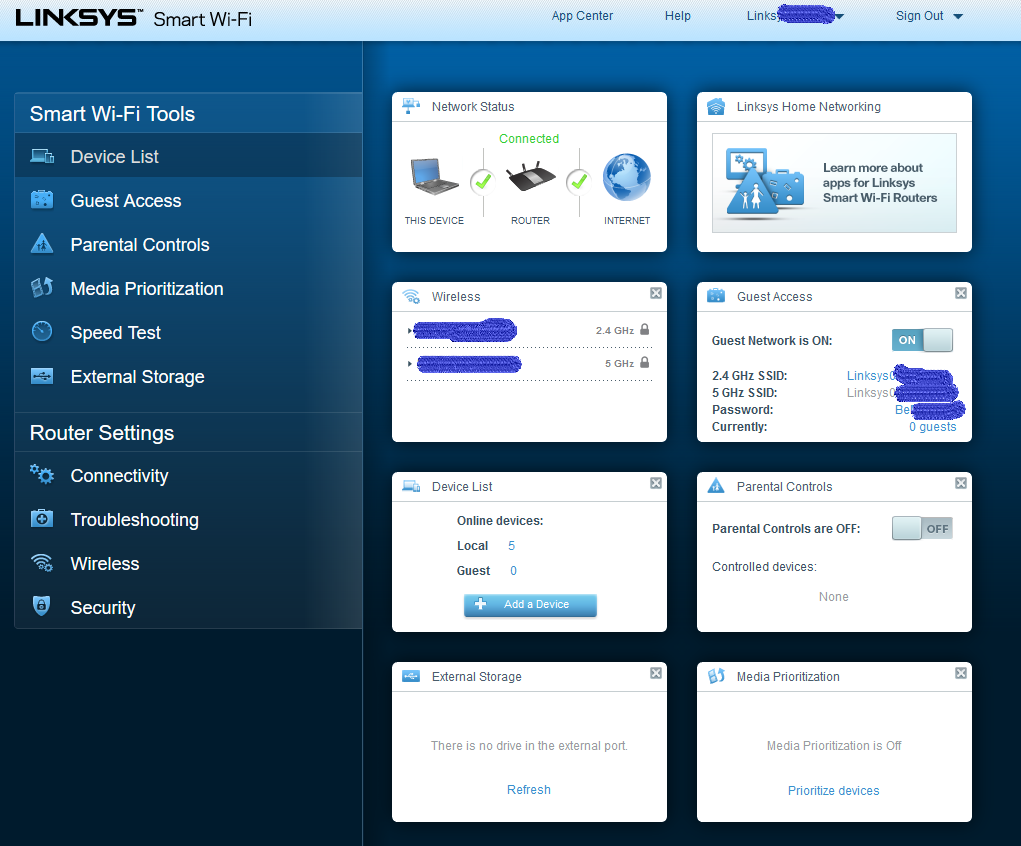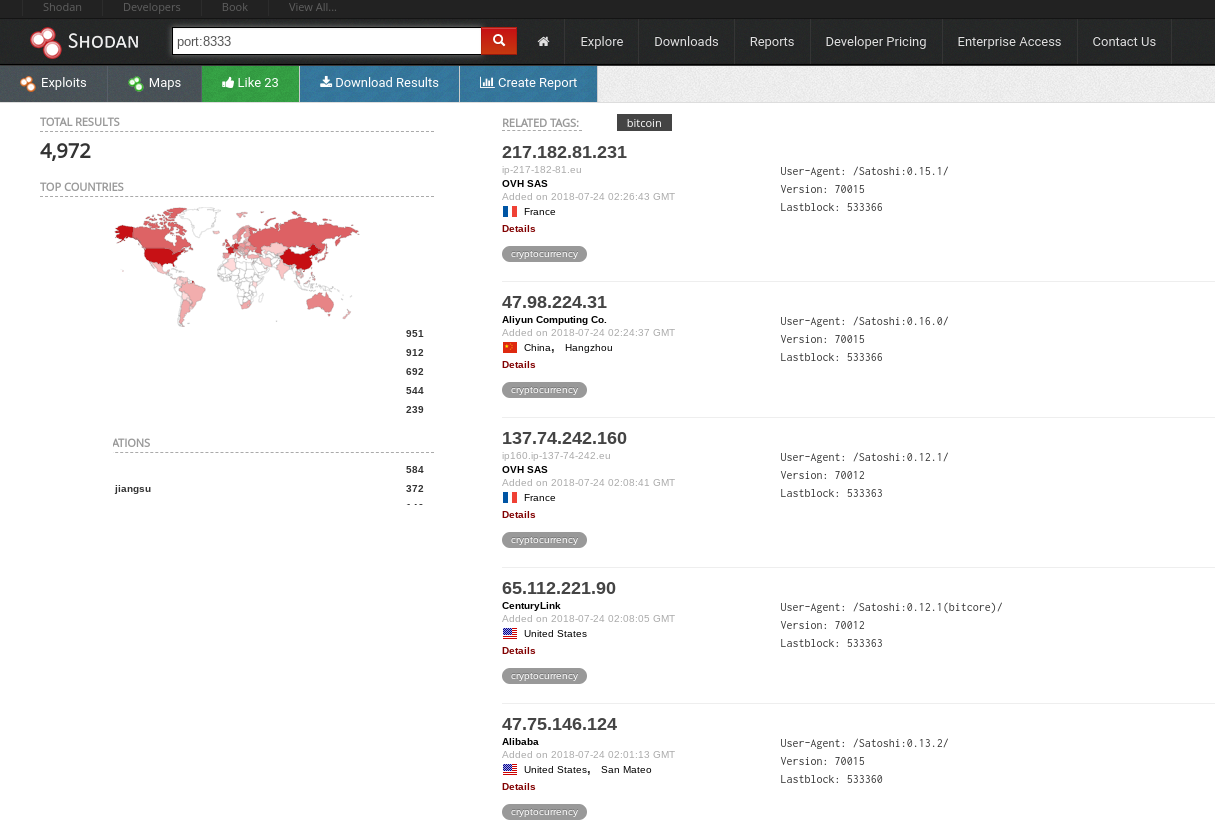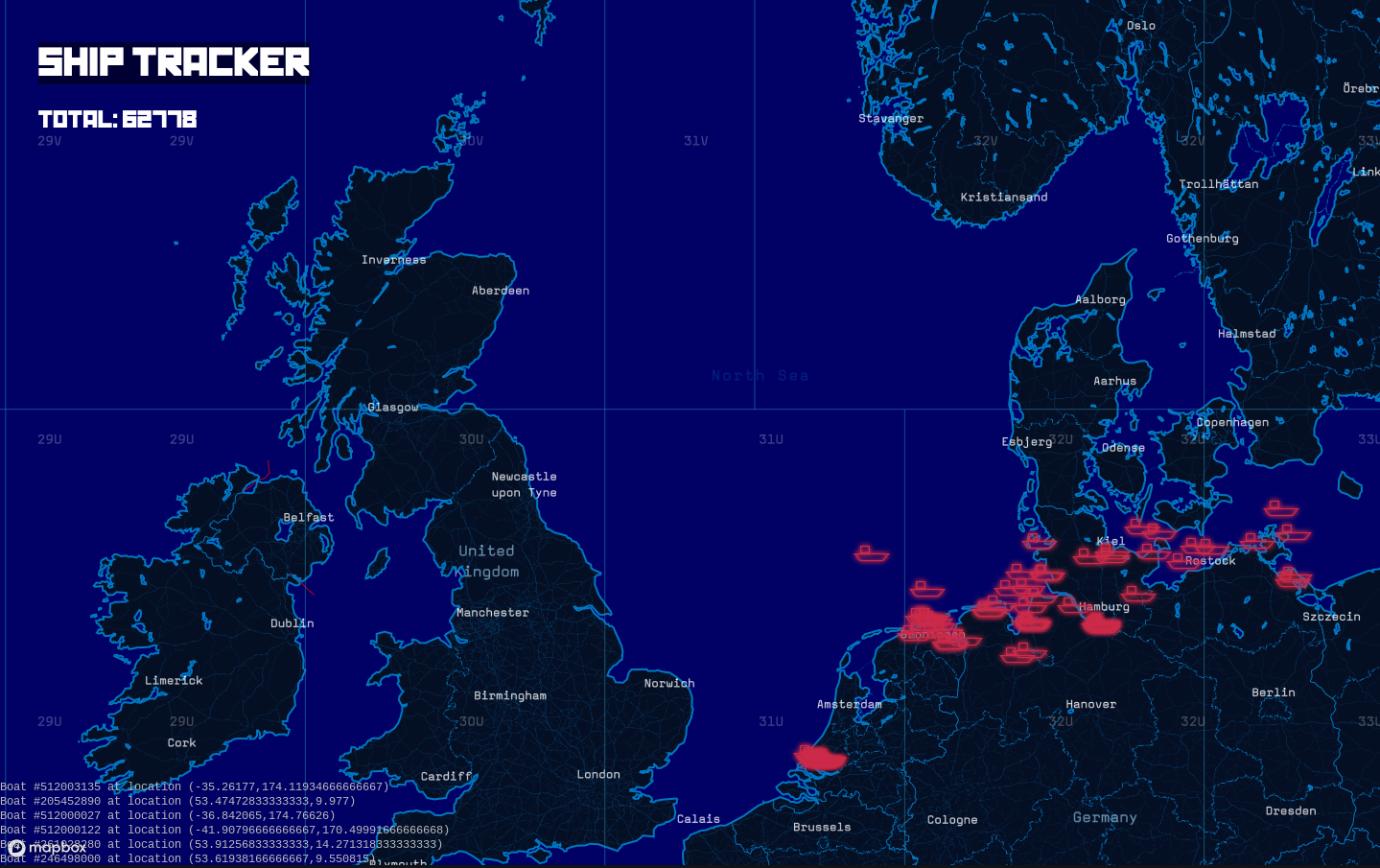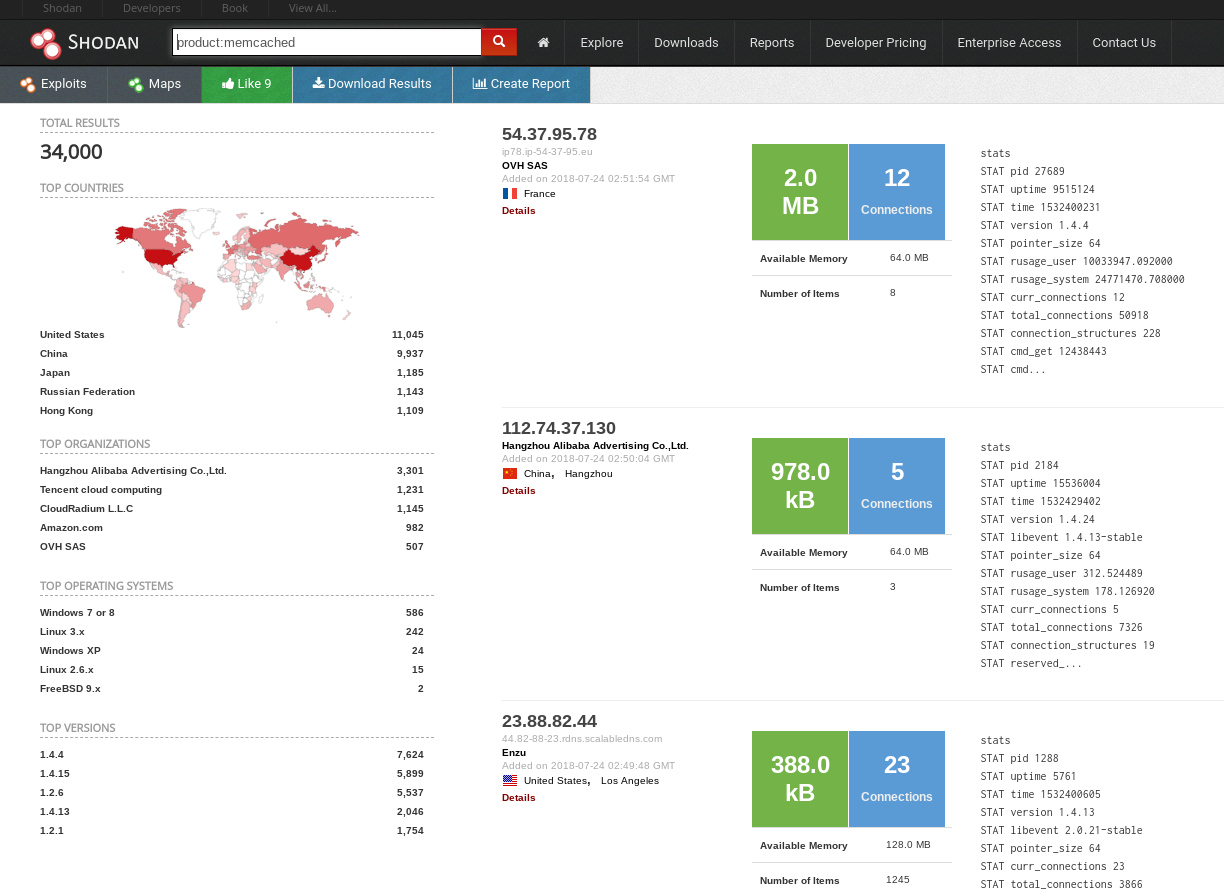Interviews can be intimidating, and it's easy to make mistakes, especially if you're feeling nervous or unprepared. However, there are certain mistakes that people tend to make more frequently than others. Here are five common mistakes that people make during interviews, along with tips on how to avoid them:
Not researching the company beforehand: It's important to do your homework before an interview to show the interviewer that you are genuinely interested in the company and its mission. Research the company's history, products or services, and company culture. This will also help you to ask informed questions during the interview.
Not dressing appropriately: Make sure to dress appropriately for the job and the company culture. If you're unsure what to wear, it's better to err on being too formal rather than too casual.
Not being on time: Arriving late to an interview is a surefire way to make a wrong impression. Make sure to allow extra time for traffic or other unexpected delays. If you do arrive late, be honest and apologize.
Failing to prepare for common interview questions: Certain questions come up in almost every interview, such as "Tell me about yourself" and "Why do you want to work for this company?" Make sure to practice your responses to these questions beforehand to answer them confidently and clearly.
Not asking questions: Asking questions shows that you are engaged and interested in the position and the company. Come prepared with a list of questions to ask the interviewer, such as about the company's goals and objectives or the day-to-day responsibilities of the role.
By avoiding these common mistakes, you can increase your chances of making a positive impression during an interview and increase your chances of getting the job. Best of luck on your next interview!
Keywords: job interview, mistakes, preparation, research, attire, punctuality, common questions, questions to ask
















